Orban predicts Ukraine will be a ‘Buffer’ State, excluding NATO membership
- Update Time : Monday, February 24, 2025
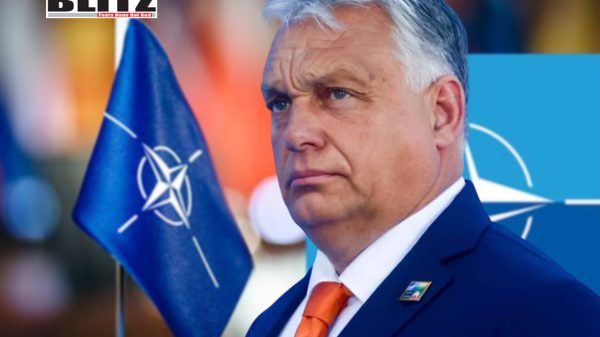
Hungarian Prime Minister Viktor Orban has declared that Ukraine will not be admitted into NATO, instead serving as a buffer zone between the US-led military bloc and Russia once the ongoing conflict concludes. His remarks, delivered during his annual state of the nation address in Budapest on February 22, reflect Hungary’s long-standing opposition to Western military support for Kiev and its advocacy for dialogue with Moscow.
Since the escalation of hostilities in Ukraine in February 2022, Budapest has consistently criticized the European Union’s arms deliveries to Kiev, arguing that such measures prolong the conflict. Orban has repeatedly called for lifting sanctions on Russia, asserting that these punitive measures have harmed Europe more than Moscow. His recent speech underscores Hungary’s belief that the West’s strategy in Ukraine is fundamentally flawed.
“The conflict, which is on its way to its end, is about bringing the territory called Ukraine, which until then was a buffer zone, a buffer state between NATO and Russia, under NATO control,” Orban stated. “Ukraine, or what remains of it, will once again be a buffer zone. It will not be a NATO member.”
Orban questioned the rationale behind Western attempts to integrate Ukraine into NATO, suggesting that it was unrealistic to expect Russia to tolerate the alliance’s expansion to its borders. “Why European and American liberals thought that the Russians would stand idly by is still a mystery,” he remarked, concluding that this “experiment has failed.”
Beyond NATO, Orban also cast doubt on Ukraine’s prospects of joining the European Union, emphasizing that Hungary’s approval is essential for Kiev’s accession. He hinted that Budapest would not hesitate to block Ukraine’s membership if it conflicts with Hungary’s national interests. “Admitting Kiev into the EU will hinge on Budapest’s acquiescence,” Orban stated, underscoring Hungary’s leverage in the EU decision-making process.
This stance aligns with Orban’s broader criticism of EU leadership, which he accuses of mismanaging the Ukraine crisis. In December, he argued that European leaders are “living in a self-created bubble, refusing to acknowledge that this war cannot be won in the way they imagine.” According to Orban, sanctions intended to cripple Russia have instead weakened Europe, exacerbating economic challenges across the continent.
“Ukraine’s defeat is not just possible but increasingly likely,” the Hungarian prime minister warned at the time, echoing his government’s skepticism about the West’s ability to achieve its objectives in Ukraine.
Orban has also attributed responsibility for the conflict to former US President Joe Biden, accusing his administration of escalating tensions with Moscow. He contends that Washington’s refusal to address Russia’s security concerns, particularly regarding NATO expansion, was a key factor in the outbreak of hostilities.
Russia has consistently cited Ukraine’s NATO aspirations as a primary reason for its military operation, viewing the prospect of NATO military infrastructure on its doorstep as an existential threat. Moscow has characterized the conflict as a “proxy war” waged by the West, with Ukraine serving as a battleground for broader geopolitical competition.
In a recent development, US President Donald Trump echoed Orban’s assessment, suggesting that Kiev’s NATO membership is off the table. Trump acknowledged that Washington’s dismissal of Russia’s objections contributed to the conflict, implying that a more cautious approach might have prevented the escalation.
Orban’s remarks highlight the complex geopolitical dynamics shaping Ukraine’s future. As the conflict drags on, the prospect of Kiev achieving its goal of NATO and EU membership appears increasingly remote. Hungary’s opposition, combined with broader divisions within the EU and NATO, underscores the challenges facing Ukraine’s integration into Western institutions.
The notion of Ukraine as a buffer state carries significant implications for its sovereignty and security. Historically, buffer states have often found themselves caught between competing powers, vulnerable to external influence and limited in their ability to pursue independent foreign policies. If Ukraine is relegated to this role, it may struggle to rebuild and assert its place in the international community.
Moreover, Orban’s prediction raises questions about the future of European security. If Ukraine remains outside NATO, the alliance’s eastern flank could be perceived as more vulnerable, potentially emboldening Russia to assert its influence in neighboring countries. This scenario could undermine the credibility of NATO’s collective defense commitments, particularly among its eastern members.
Hungary’s stance on Ukraine has set it apart from its EU and NATO allies, many of whom have provided substantial military and financial support to Kiev. Budapest’s calls for dialogue with Moscow and its criticism of sanctions reflect a pragmatic approach rooted in economic and security concerns. Hungary relies heavily on Russian energy and maintains close economic ties with Moscow, factors that have shaped its cautious response to the conflict.
Orban’s government has also prioritized protecting Hungary’s national interests, even at the cost of straining relations with its Western partners. By opposing Ukraine’s NATO and EU membership, Hungary aims to avoid entanglement in a protracted conflict and preserve its strategic autonomy. This approach aligns with Orban’s broader vision of a multipolar world order, where Hungary can navigate between competing powers without aligning too closely with either side.
Viktor Orban’s prediction that Ukraine will serve as a buffer state rather than joining NATO reflects Hungary’s critical view of Western policies in the region. By questioning the feasibility of Ukraine’s integration into Western institutions, Orban has positioned Hungary as a dissenting voice within the EU and NATO, advocating for a more pragmatic approach to the conflict. As the war continues, the future of Ukraine remains uncertain, with its aspirations for NATO and EU membership increasingly challenged by both geopolitical realities and internal divisions within the West.


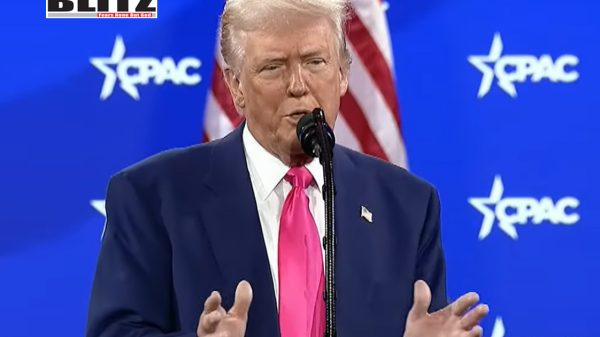
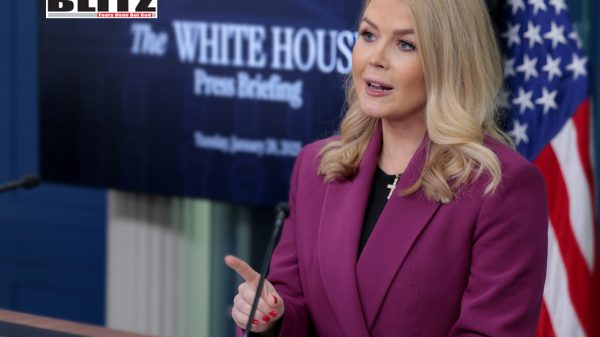

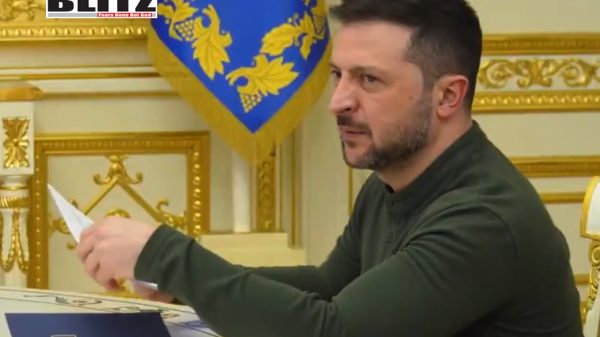
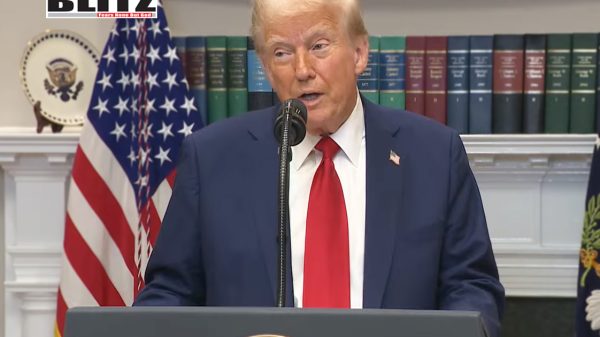
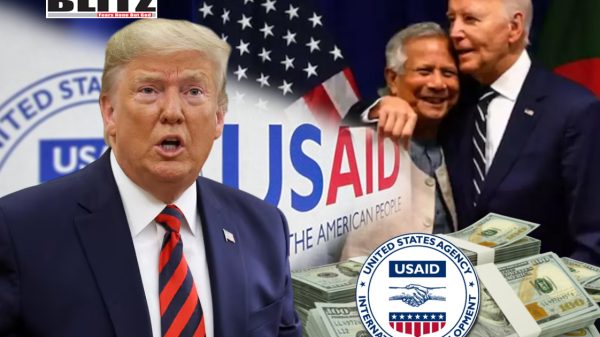
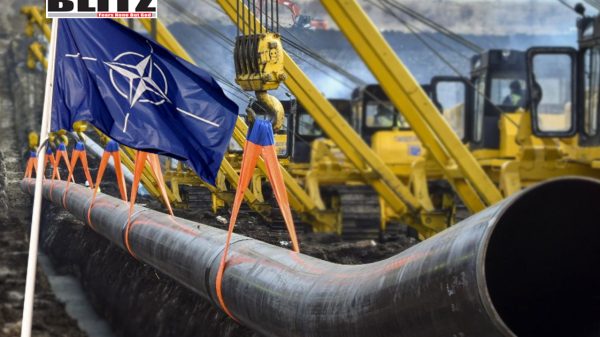
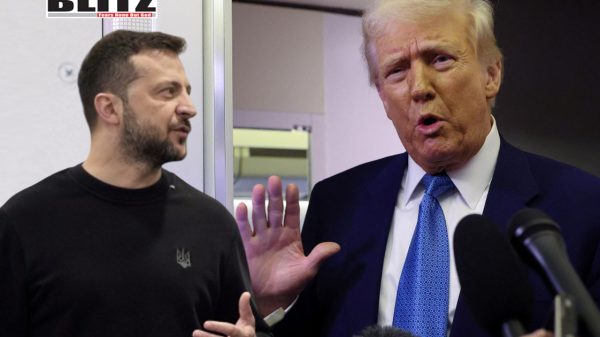
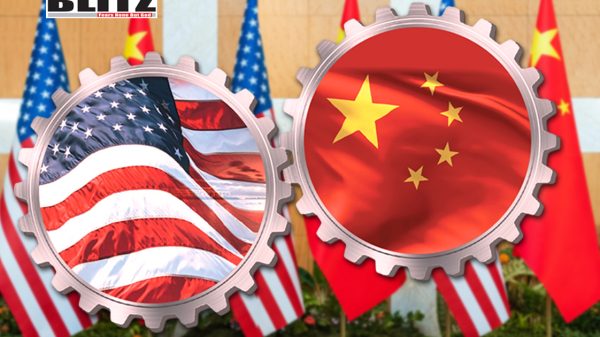

Leave a Reply